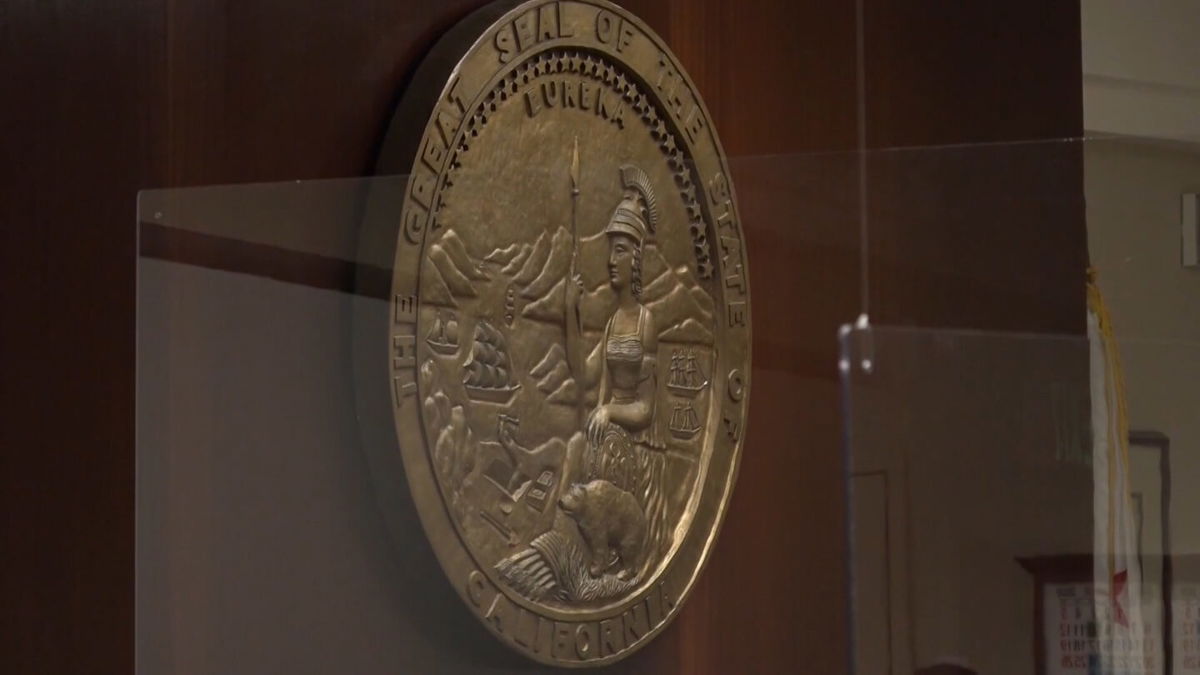Riverside County Superior Court: More space, judges available to hear trials

To pare down the backlog of unresolved cases set for trial and prevent the ongoing cascade of dismissals that critics say pose a risk to public safety, the Riverside County Superior Court has expanded courtrooms available for the disposition of cases, including tasking civil court judges with handling criminal matters, according to officials.
"The court has continued to adjust its operations in response to the case backlog,'' according to a Superior Court Executive Office statement released Thursday.
The statement came two days after District Attorney Mike Hestrin announced that more than 1,500 felony and misdemeanor cases had been booted by judges since October, and that between Jan. 25 and Jan. 30, three felony sex cases were vacated.
Those dismissals led to prosecutors immediately re-filing the cases with fresh criminal complaints to prevent the defendants from walking scot-free. The judges who vacated the cases were Helios Hernandez and Jeffrey Prevost at the Riverside Hall of Justice.
Despite prosecutors requesting continuances to prevent the dismissals, the judges cited a lack of available courtrooms for jury selection, because several judges were on training assignments and others were out sick.
"Training is required for new judicial officers as set forth in the California Rules of Court and is an essential part of new judicial officers transitioning to the bench,'' the Superior Court stated. "The court has staggered having judges attend training to minimize the impact on the availability of trial courtrooms."
Officials said efforts to facilitate the resolution of cases by trial have been underway since October, and more recently, the Superior Court has taken additional steps and received additional help.
Four courtrooms were recently designated for criminal proceedings, and two more will be opened following the appointment last month of two new judicial officers, according to the Superior Court.
Officials said all civil judges at the Riverside Historic Courthouse who are able to hear criminal matters are adding them to their calendars, and since October, 41 cases have been adjudicated there.
The court noted that criminal trials are being called "multiple times per day," and the court is "assigning criminal trials to a courtroom immediately after it becomes available," as well as utilizing "every available retired judge through the temporary assigned judges program."
Last week, the county Board of Supervisors ordered the Executive Office to review the bases for the mass dismissals and return to the board with a report by mid-March listing real world solutions.
"Our system of government does not work without a functioning court system," Supervisor Karen Spiegel said. "This board needs to engage on the issues and find solutions."
The Association of Riverside County Chiefs of Police and Sheriff -- ARCCOPS -- has called for an immediate end to the dismissals based on public safety concerns.
The lion's share of cases -- 67% -- have been vacated by judges at the Larson Justice Center in Indio, with another 15% dismissed by judges at the Banning Justice Center, roughly 10% by judicial officers at the Southwest Justice Center in Murrieta, 7% by the bench at the Riverside Hall of Justice, and 1% by judges at the Blythe Courthouse.
Figures indicated 93% of vacated cases have been misdemeanor filings. DUIs accounted for the highest number of dismissals at 36%, followed by domestic violence complaints at 26%. Assault filings made up about 5%, and sex crimes were near the bottom at 2%, according to data.
The dismissal binge began on Oct. 10. Most of the cases were added to dockets during the public health lockdowns, when courts suspended many operations under emergency orders from the California Office of the Chief Justice.
A backlog of roughly 2,800 cases developed. The chief justice's orders expired on Oct. 7.
Superior Court Presiding Judge John Monterosso released a statement on Oct. 25 acknowledging the court system was bearing a heavy load, traced to the lockdowns and consequent changes in court operations.
He also emphasized the county has 90 authorized and funded judicial positions, but a 2020 Judicial Needs Assessment Study noted that 115 judicial officers are needed to ensure efficient operations throughout the local court system and prevent logjams.
"While the law allows a court to continue a case beyond the statutory deadline for `good cause,' the decision on whether `good cause' exists is an individualized decision made by the trial judge based on the law and the facts of the case," Monterosso said.
Hestrin questioned the legitimacy of basing dismissals on a deficit of judicial resources, given that ``this has been the case as far back as anyone can remember."
The backlog is reminiscent of the cumulative impact of a buildup of unresolved criminal cases in 2007 that prompted the state to dispatch a "judicial strike team" to the county to help sort through criminal cases
clogging the court system.
At the time, the Superior Court virtually halted civil jury trials for months while judges focused on reducing the strain. An empty elementary school was even converted into a makeshift courthouse.
